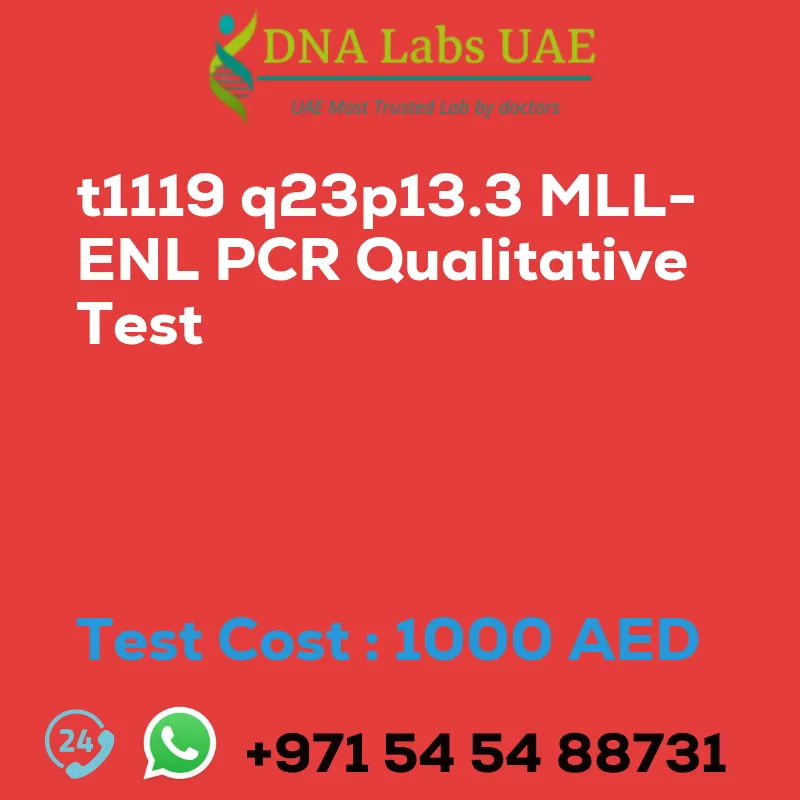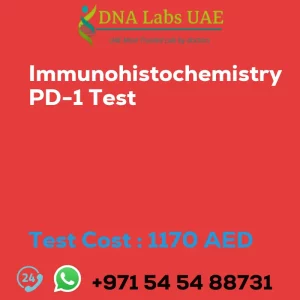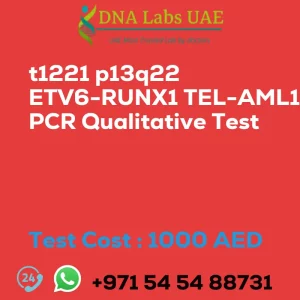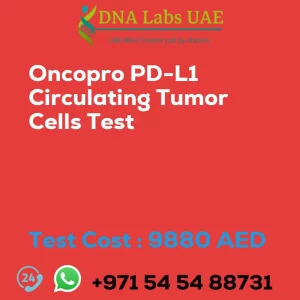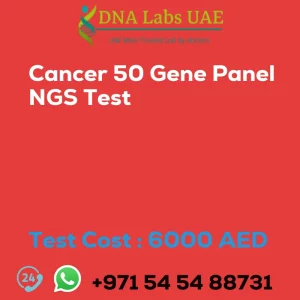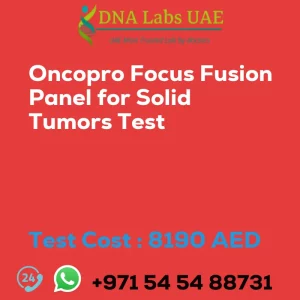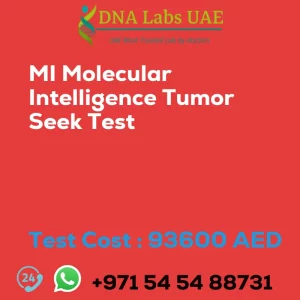t1119 q23p13.3 MLL-ENL PCR QUALITATIVE Test
Test Name: t1119 q23p13.3 MLL-ENL PCR QUALITATIVE Test
Components: Price: 1000.0 AED
Sample Condition: 3mL(2mLmin.) wholeblood/Bone marrowin1LavenderTop(EDTA) tube.Shiprefrigerated.DONOT FREEZE. Clinical history is mandatory.
Report Delivery: SampleMon / Thu by 11am; Report Wed /Sat
Method: Real Time PCR
Test type: Leukemia
Doctor: Oncologist
Test Department: MOLECULAR DIAGNOSTICS
Pre Test Information: Clinical history is mandatory.
Test Details:
The t(11;19)(q23;p13.3) translocation, also known as MLL-ENL fusion, is a genetic abnormality commonly found in acute myeloid leukemia (AML). This translocation results in the fusion of the MLL (Mixed-Lineage Leukemia) gene on chromosome 11 with the ENL (Eleven-Nineteen Leukemia) gene on chromosome 19.
The PCR (Polymerase Chain Reaction) qualitative test is a molecular diagnostic technique used to detect the presence or absence of specific genetic alterations, such as the MLL-ENL fusion. It involves amplifying and analyzing the DNA of a patient’s cells to identify the fusion gene.
The qualitative PCR test for t(11;19)(q23;p13.3) can help confirm the presence of this translocation in AML patients. This information is important for accurate diagnosis, prognosis, and treatment planning, as certain targeted therapies may be more effective against leukemia cells with this specific genetic alteration.
| Test Name | t1119 q23p13.3 MLL-ENL PCR QUALITATIVE Test |
|---|---|
| Components | |
| Price | 1000.0 AED |
| Sample Condition | 3mL(2mLmin.) wholeblood\/Bone marrowin1LavenderTop(EDTA) tube.Shiprefrigerated.DONOT FREEZE. Clinical history is mandatory. |
| Report Delivery | SampleMon / Thu by 11am;Report Wed /Sat |
| Method | Real Time PCR |
| Test type | Leukemia |
| Doctor | Oncologist |
| Test Department: | MOLECULAR DIAGNOSTICS |
| Pre Test Information | Clinical history is mandatory. |
| Test Details |
The t(11;19)(q23;p13.3) translocation, also known as MLL-ENL fusion, is a genetic abnormality commonly found in acute myeloid leukemia (AML). This translocation results in the fusion of the MLL (Mixed-Lineage Leukemia) gene on chromosome 11 with the ENL (Eleven-Nineteen Leukemia) gene on chromosome 19. The PCR (Polymerase Chain Reaction) qualitative test is a molecular diagnostic technique used to detect the presence or absence of specific genetic alterations, such as the MLL-ENL fusion. It involves amplifying and analyzing the DNA of a patient’s cells to identify the fusion gene. The qualitative PCR test for t(11;19)(q23;p13.3) can help confirm the presence of this translocation in AML patients. This information is important for accurate diagnosis, prognosis, and treatment planning, as certain targeted therapies may be more effective against leukemia cells with this specific genetic alteration. |

